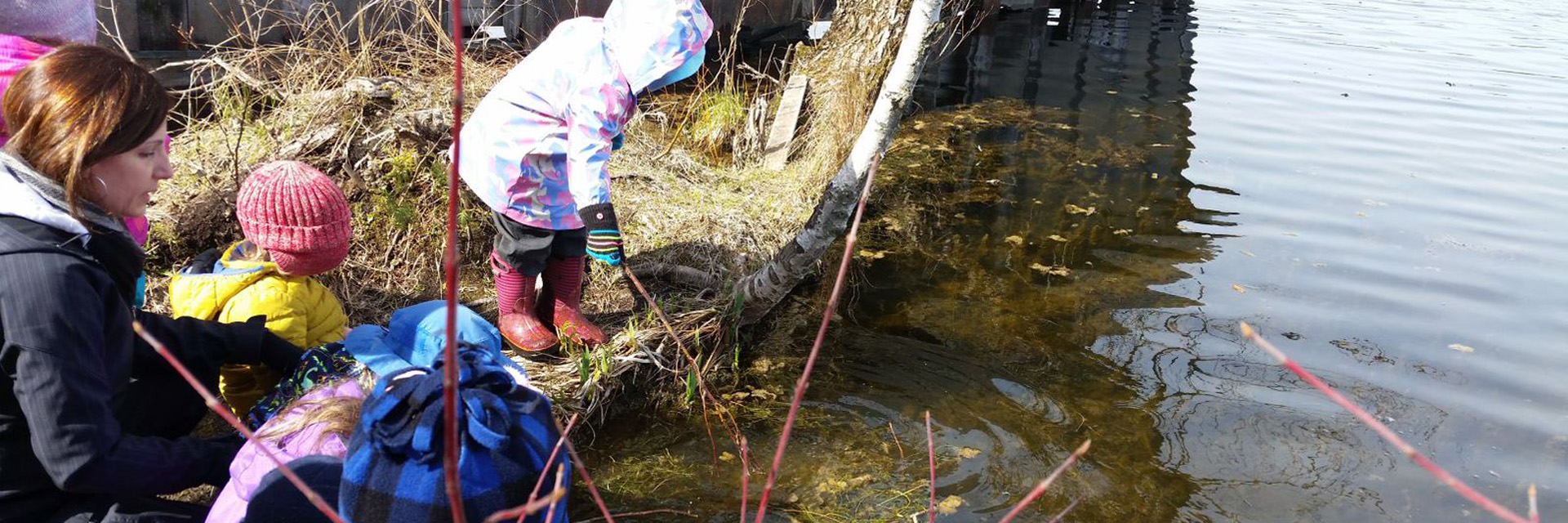This Seneca program has been validated by the Credential Validation Service as an Ontario College Credential as required by the Ministry of Colleges, Universities, Research Excellence and Security.
Program Learning Outcomes
As a graduate, you will be prepared to reliably demonstrate the ability to:
- To create learning contexts to enable, build and maintain caring, responsive relationships in partnerships with children, families and communities that value and respect social, cultural and linguistic diversity including Indigenous peoples’ worldviews and Francophone identity.
- To co-create, facilitate and reflect upon inquiry and play-based early years and child care programs and pedagogical approaches to support children’s learning, holistic development and well-being following children’s capabilities, interests, ideas and experiences.
- To co-design and maintain inclusive early learning environments to value and support equitable, accessible and meaningful learning opportunities for all children, their families and communities in a range of early years and child care settings.
- To collaborate with children, families, colleagues, agencies and community partners to create, maintain, evaluate and promote safe and healthy early learning environments to support independence, reasonable risk-taking and healthy development and well-being.
- To use observation strategies to identify children’s strengths and challenges and to ascertain when children and families might benefit from additional support or community resources.
- To use professional communication in interactions with children, families, colleagues, employers, the regulatory body, government authorities and children’s service agencies to meet legal and ethical standards of the early years sector.
- To act in accordance with relevant legislation, regulations, College of Early Childhood Educators Code of Ethics and Standards of Practice, agency policies and procedures and principles of evidence-informed practice and reflect upon their impact on one’s own role in early years and child care settings.
- To identify, report and document when a child is in a situation of perceived risk for, or actual neglect or abuse, in accordance with legislation, the College of Early Childhood Educators Code of Ethics and Standards of Practice, policies and procedures.
- To create and engage in partnerships with families, communities, colleagues, inter-disciplinary professionals, authorities and child service agencies to advocate for quality early years and child care programs and services.
- To engage in reflective practice and continuous professional learning in accordance with principles of lifelong learning, evidence-informed practices in the early years sector and requirements of the College of Early Childhood Educators.
